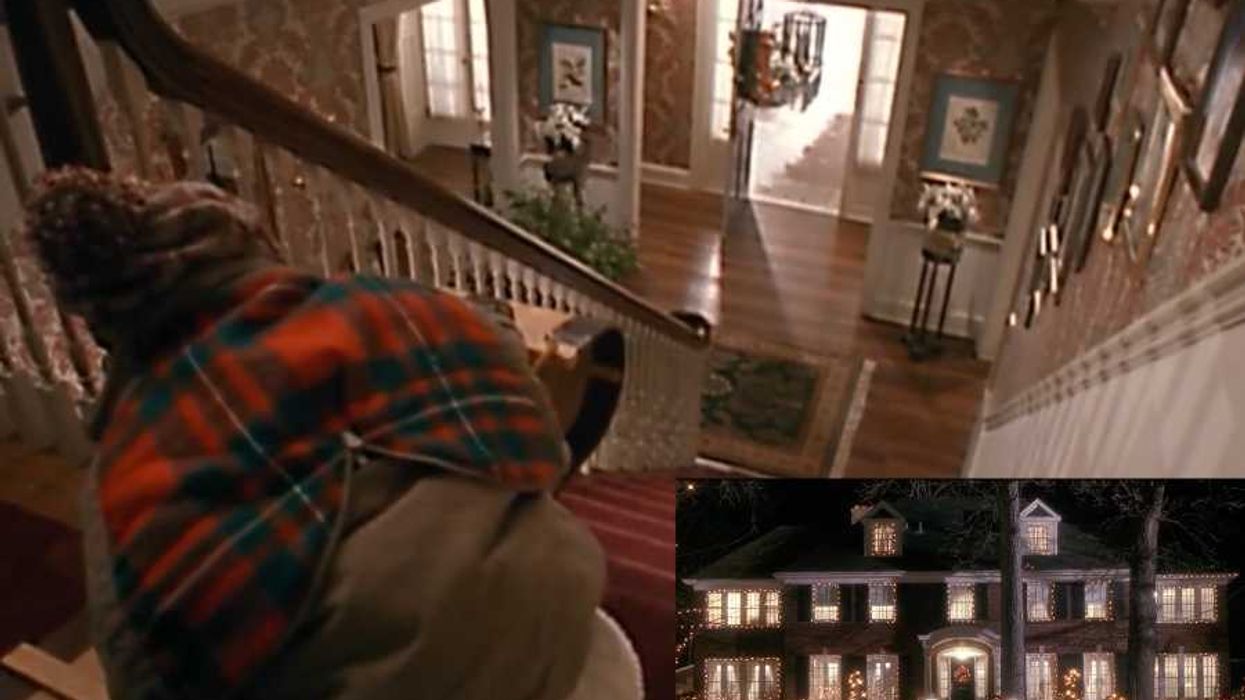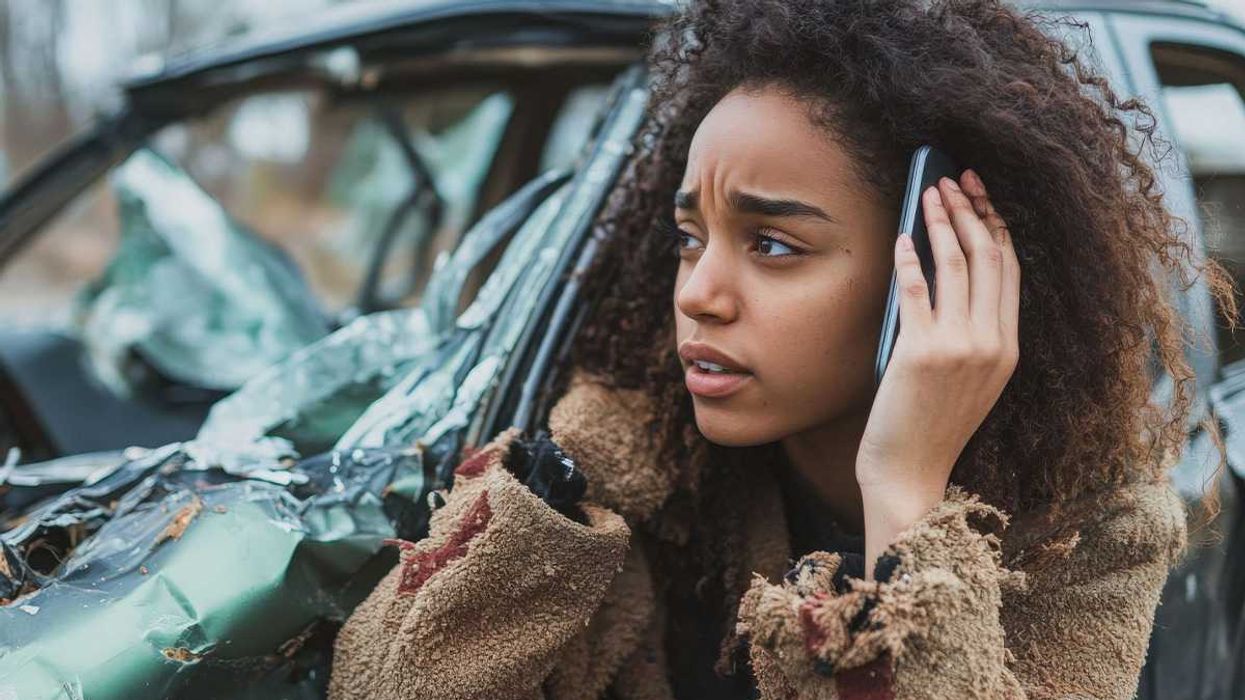If you had any lingering doubts about whether the NCAA cares about making sure that student athletes are actually — you know — students, an announcement Friday answered the question once and for all.
For 18 years, the University of North Carolina allowed its student athletes to dispense with the whole “education” thing if they so choose. They were funneled towards the Department of African and Afro-American Studies, where they could take “paper courses,” classes where they barely had to show up or pay attention. They were given tutors and other advisers who did their work for them, and if that still wasn’t enough to merit passing, grades were inflated, with secretaries often doing the work.
These classes were available to all undergrads, but per an investigation by the U.S. Justice Department, 47% of the 3,100 students who wafted in and out of the classroom were athletes, half of which were members of the football team.
The DOJ also dug up this slide, showing how the athletic department touted these sham classes as a benefit to attending UNC.
The NCAA spent the last three years investigating UNC, and lo and behold, no bylaws were violated. While not labeling what UNC did as acceptable or even anywhere close to best practices, courses that wouldn’t seem out of place at Trump University didn’t merit punishment, partly because the rest of the student body could have joined in on the learning-free fun.
Here’s Greg Sankey, Southeast Conference commissioner and chair of the Committee on Infractions, explaining why UNC got off without even a slap on the wrist: “While student-athletes likely benefited from the so-called ‘paper courses’ offered by North Carolina, the information available in the record did not establish that the courses were solely created, offered and maintained as an orchestrated effort to benefit student-athletes.”
What Sankey is saying really is remarkable. If these classes benefited athletes, then the NCAA can’t ever say with a straight face that providing athletes with a quality education is its first priority. For example, the NCAA needs to update its public statement defending amateurism, which says that “acquiring a quality education is the first priority.”
The NCAA doesn’t care whether or not athletes receive an education. The goal is to ensure they remain eligible to play sports, particularly basketball and football, which generate billions of dollars. Athletes like Josh Rosen know that it’s all a joke. That getting an actual education is incredibly difficult when you’re working a full-time job and an unpaid one at that.
Here’s another nifty paragraph:
“The panel noted that its ability to determine whether academic fraud occurred at UNC was limited by the NCAA principle relying on individual member schools to determine whether academic fraud occurred on their own campuses. North Carolina said the work was assigned, completed, turned in and graded, often by the former secretary, under the professor’s guidelines. While the university admitted the courses failed to meet its own expectations and standards, the university maintained that the courses did not violate its policies at the time.”
Got that? All that UNC’s lawyers — who have reportedly been paid $18 million to ensure that the university walked away relatively unscathed — had to do was press the argument that UNC’s self-investigation didn’t see any violations, so then there’s nothing the NCAA can do about it.
This is not to say that UNC is an outlier here. So many universities, even those that don’t make frequent trips to the Final Four, offer some variation on “Rocks for Jocks.”
But the obvious follow-up question the NCAA needs to answer is “What’s to stop any other school from following in UNC’s footsteps but doing a slightly better job of covering it up?” In a conference call with reporters, Sankey provided a response:
Oh, and the NCAA made one other announcement on Friday. North Carolina State basketball player and freshman transfer Braxton Beverly will have to sit out for a year. Why? Here’s the punchline: He went to a few (real) classes at Ohio State in May, so he has been ruled ineligible.


















 The Emergency Department.Photo credit:
The Emergency Department.Photo credit:  Little girl with a splinter.Photo credit:
Little girl with a splinter.Photo credit:  Woman on phone after car accident.Photo credit:
Woman on phone after car accident.Photo credit: 


 A hotel clerk greets a guestCanva
A hotel clerk greets a guestCanva Gif of Faye Dunaway' as Joan Crawford demanding respect via
Gif of Faye Dunaway' as Joan Crawford demanding respect via  An empty rooftopCanva
An empty rooftopCanva
 A road near equatorial Atlantic OceanCanva
A road near equatorial Atlantic OceanCanva Waves crash against rocksCanva
Waves crash against rocksCanva